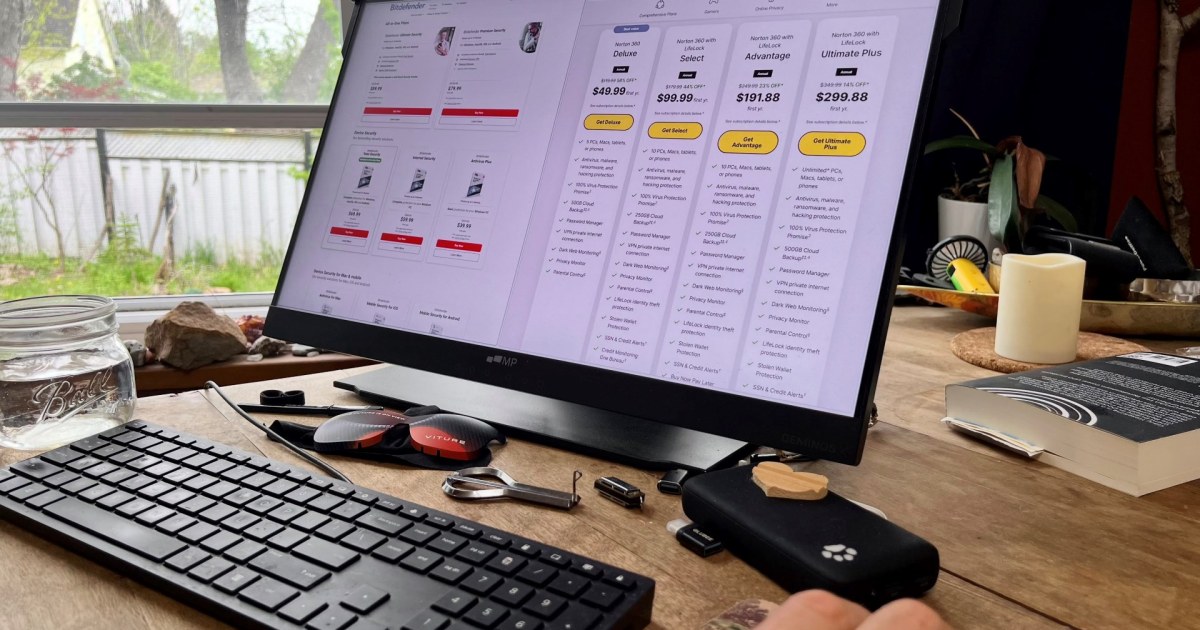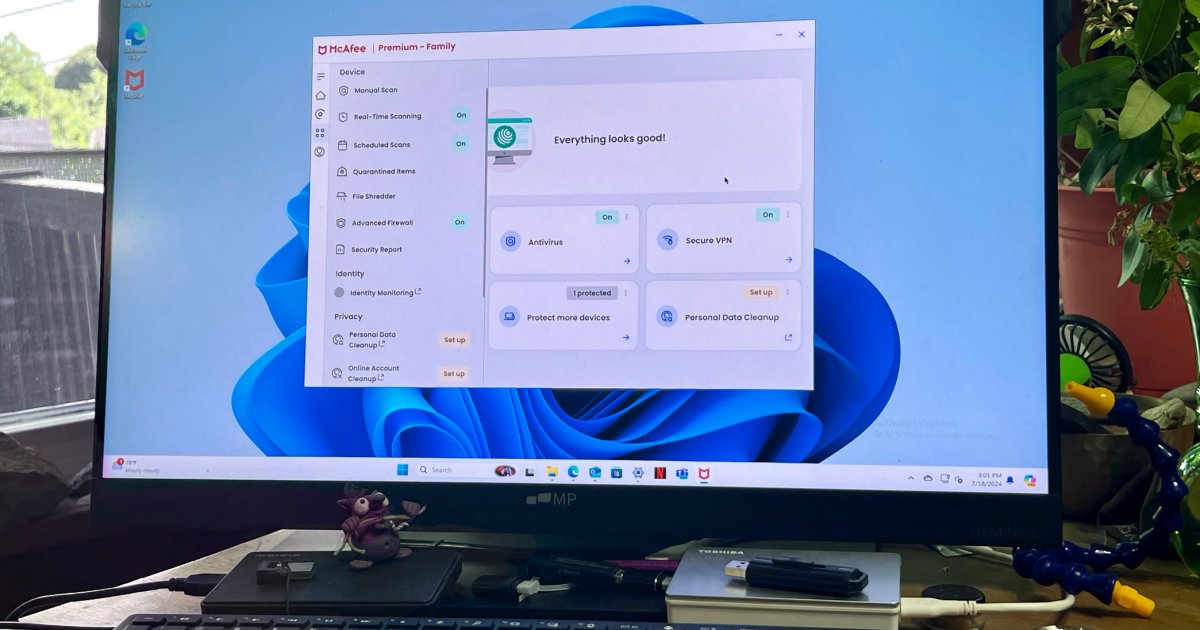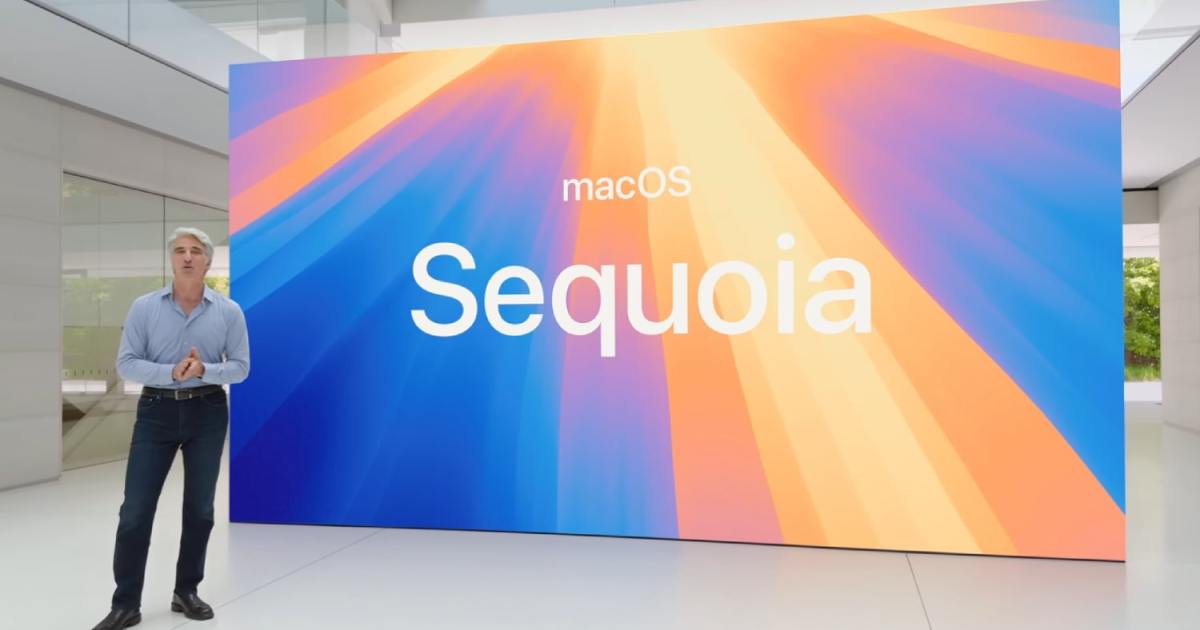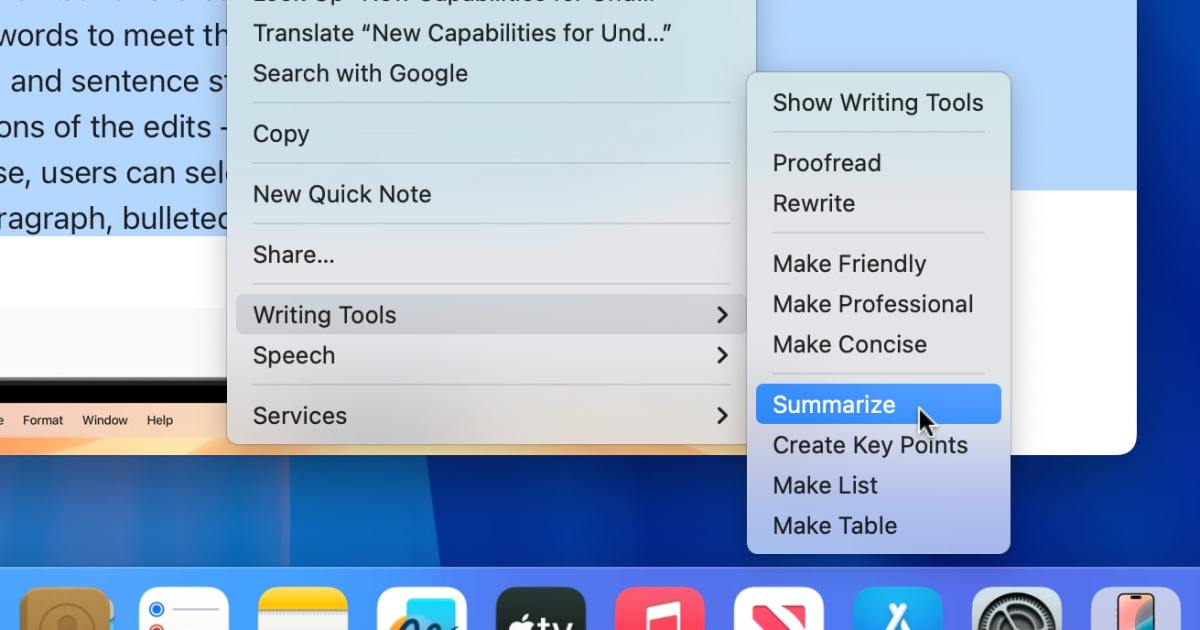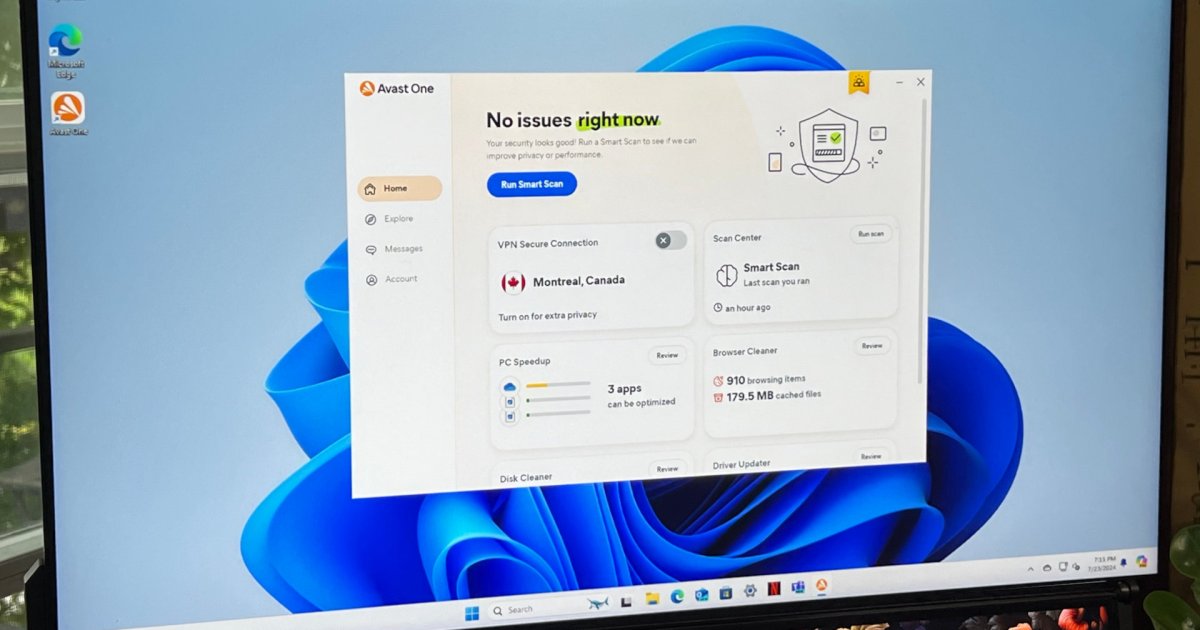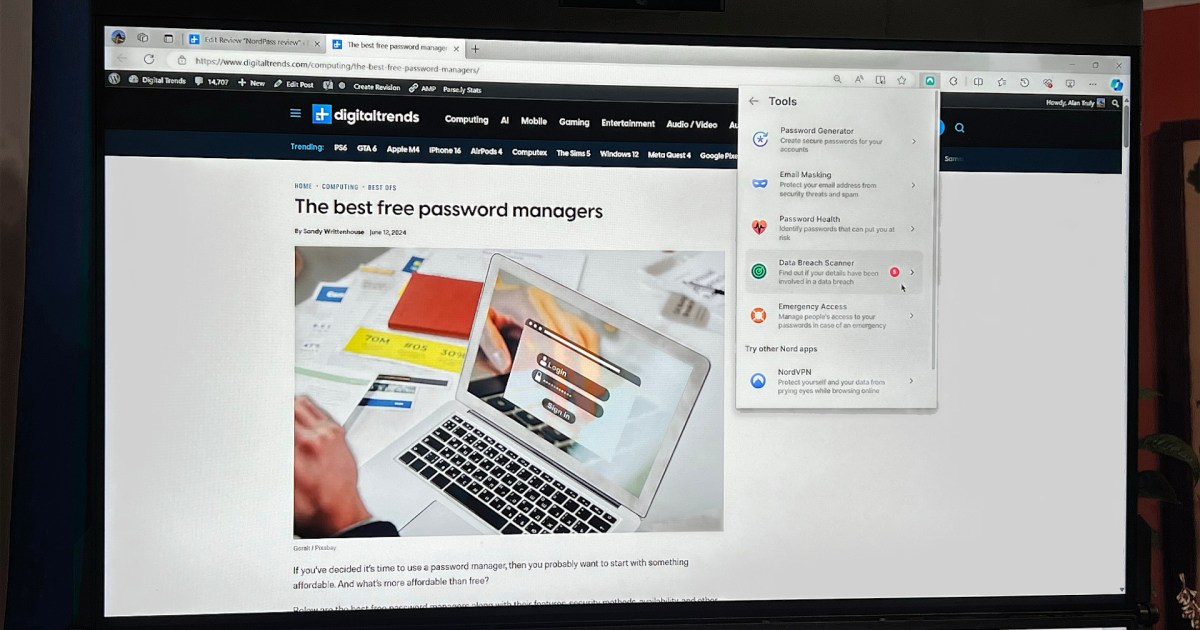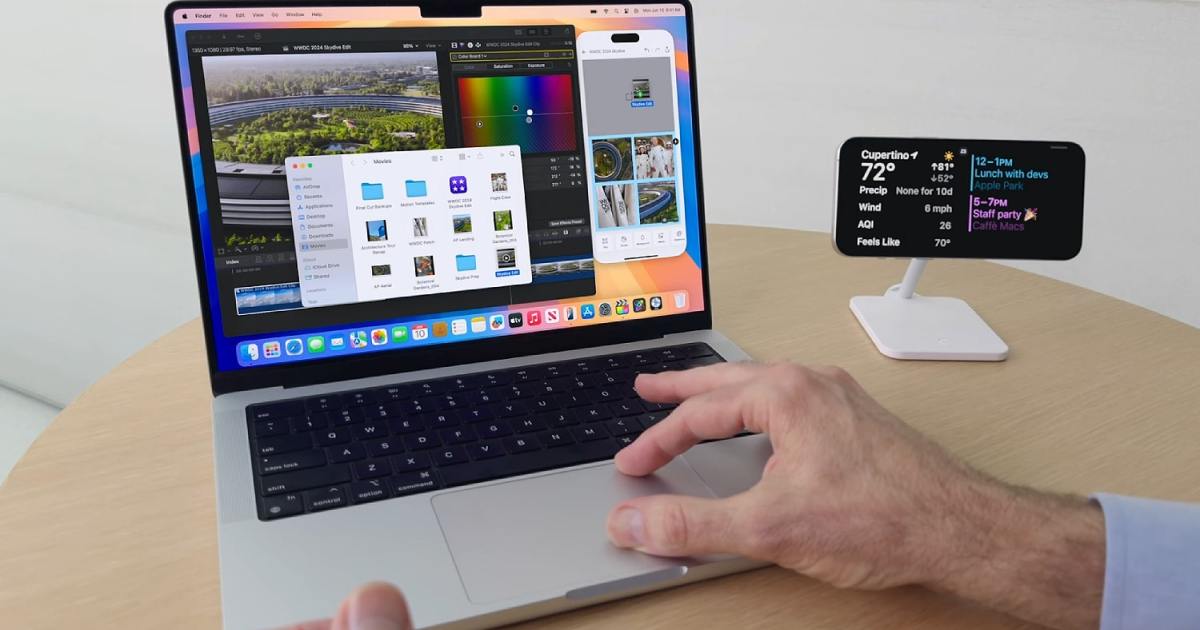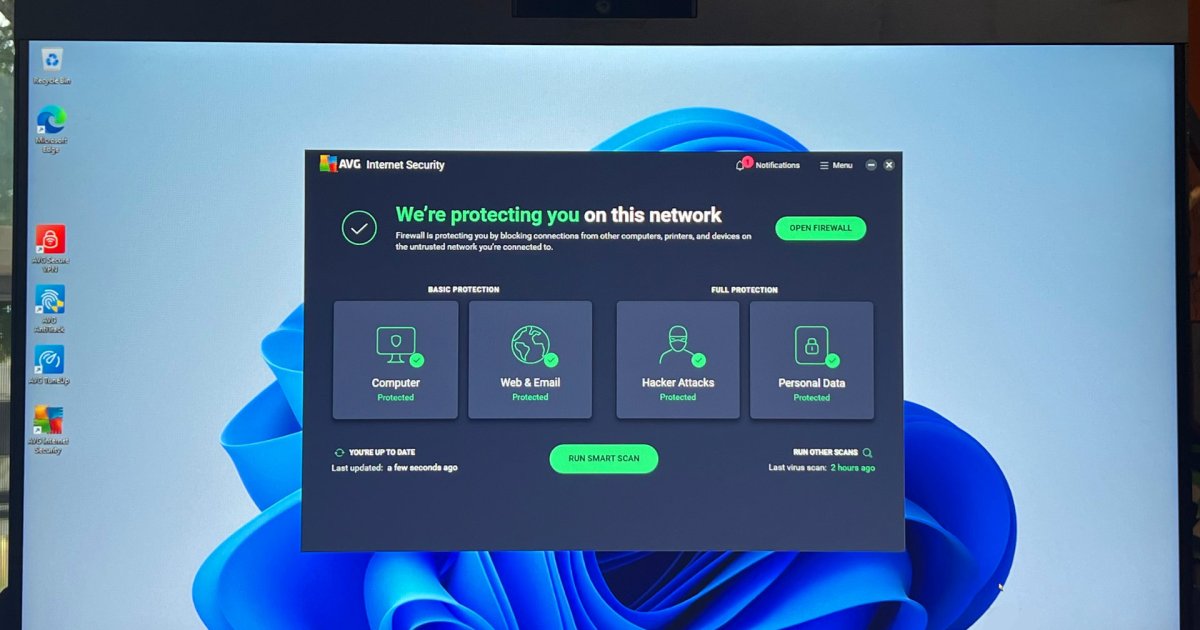Kaspersky, a prominent cybersecurity firm, recently initiated the removal of its antivirus software from US-based computers, automatically substituting it with UltraAV. This move stems from Kaspersky’s inclusion on the US government’s Entity List earlier this year, effectively banning sales and updates within the country. While the company announced its US operational shutdown and subsequent layoffs in July via BleepingComputer, the automatic software replacement caught many users off guard.
Automatic Transition and User Confusion
Although Kaspersky emailed customers in early September about partnering with UltraAV to ensure continued protection, the automatic installation wasn’t explicitly communicated. This led to widespread confusion, with users on platforms like Reddit voicing concerns about the unexpected switch and expressing distrust towards the unfamiliar UltraAV software. Some even feared a potential compromise, waking up to find Kaspersky replaced without their consent.
UltraAV’s Background and User Distrust
The limited information available about UltraAV, primarily its association with VPN services like UltraVPN, Hotspot Shield, and Betternet, further fueled user skepticism. Numerous reports indicate users uninstalling UltraAV due to its sudden appearance and relative obscurity.
Kaspersky’s Explanation and User Response
Kaspersky issued an official statement, attributing the automatic transition to its commitment to uninterrupted customer protection during its US market exit. They highlighted UltraAV’s comparable features and products, explaining why Kaspersky VPN users also received UltraVPN installations. However, this explanation hasn’t fully appeased users, many of whom are likely to opt for more established antivirus solutions.
Conclusion
Kaspersky’s abrupt departure from the US market and the automatic installation of UltraAV has undoubtedly created ripples among its user base. While the company aimed to maintain user protection, the lack of clear communication and the relative unknown status of UltraAV have sparked understandable concerns. It remains to be seen how this transition will ultimately impact user trust and the antivirus landscape in the United States.



